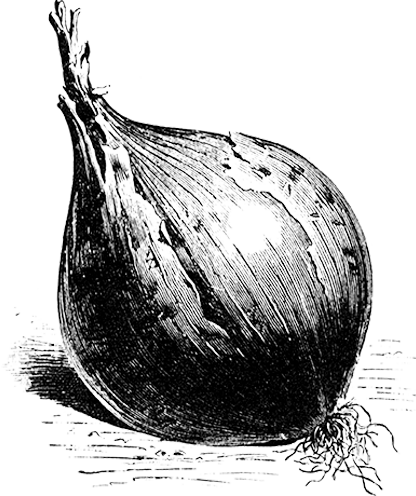Information
Burn-beating Turnip, is an old turnip from Finland named for its frequent use in burn-beating. It thrived in the nutrient-filled ashes, which also kept most pests away. The root is a marked flattened round, white below ground and usually violet above, a few get a yellow or green neck. The leaf-hold is small as is the root. The flesh is white, tender and freee of threads. This turnip is easy to grow without burn-beating. A portion contains about 150 seeds.
| Product number: | 5790 |
|---|---|
| Scientific name: | Brassica rapa |
| Botanic family: | The Mustard Family - Brassicaceae |
| Organic: | Yes |
| Days to maturity: | 65 |
| Lifespan: | Biannual |
| F1 Hybrid: | No |
| New variety: | No |
| Sowing time: | April–August |
| Sowing depth: | 1 cm |
| Germination time: | 3–6 days |
| Plant spacing: | 15 cm |
| Row spacing: | 30 cm |
| Height: | 40 cm |
| Plant location: | Sun–Half shade |
| Harvest/blooming: | July–October |
| Seeds/g: | 400–600 seeds |
| Heirloom variety: | Yes |
Cultivation advice
Sowing
Sow gradually when the soil is ready in spring, about 1 cm deep until August in the South. Roots for winter storage should be sown in July.Spacing
Thin out to 15 cm between the plants and keep a distance of 30 cm between the rows.Harvest
Small turnips are the tastiest ones. Begin harvesting when they are 5 cm in circumference and use them raw, sliced, grated or in casseroles, gratins and soups or fried, oven baked, mashed and porridge, wherever they may fit. They must have been cooked in many different ways for millennia. The Romans, for instance, ate the turnips with honey. During the Middle Ages Royalty were regaled with sculpted turnips in the most exquisite of shapes. Imagination only sets the limits. In today's cookery books there are no recipes for turnips so everyone is free to experiment.Seed
4-600 seeds/g, one portion sows 5-7 m.A portion contains about 150 seeds.
